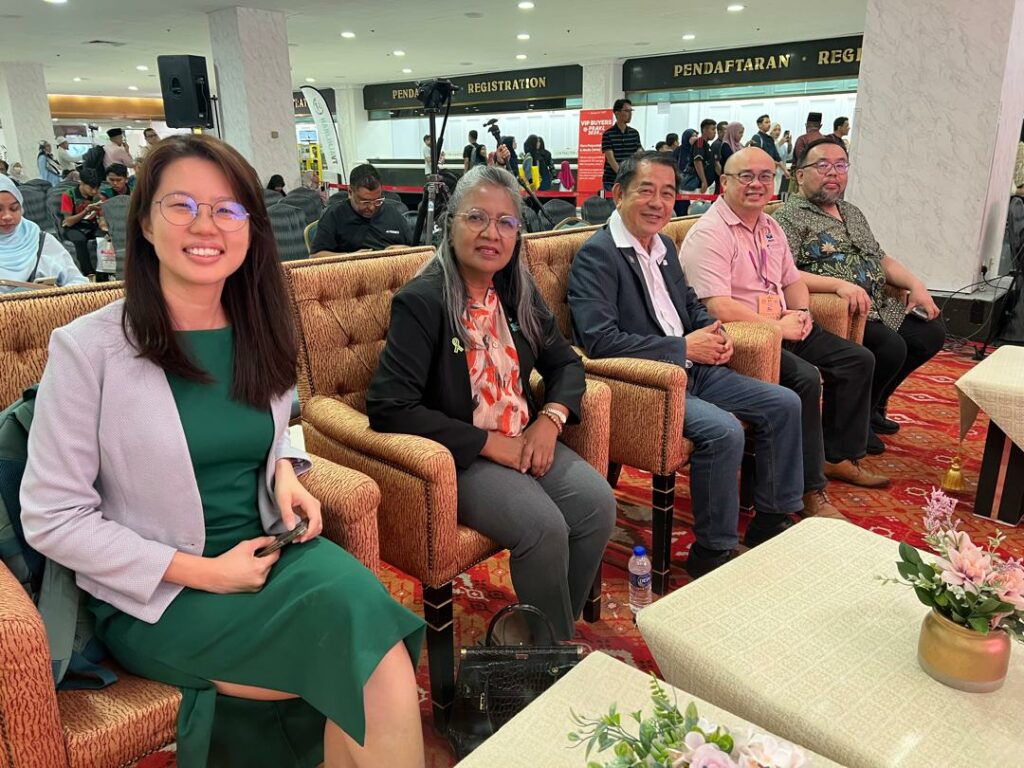
KUALA LUMPUR, June 1: While the Ministry of Education is in the driving seat for providing education in the country, non-governmental organisations (NGOs) too can play a crucial role in bolstering education by complementing the government’s efforts in niche areas, a forum was told.
NGOs can offer supplementary education programmes that provide additional support to students, such as tutoring, mentoring, after-school programmes, or remedial classes.
Such activities can help reinforce classroom learning, address individual learning needs, and improve academic performance.
These important issues were highlighted at a forum on “Empowering minds: NGOs enhancing educational access beyond the classroom” at the World Trade Centre here yesterday.
Speakers included Siti Subaidah Mustaffa, Chairman, National Coalition for Mental Wellbeing; Constance Yuen, CEO, Pemimpin GSL; Teoh Kan Swee, District Governor RY23/24 of Rotary Malaysia District 3300; and Gordan Vong, Founder, Malaysia AI Literacy Programme.
The forum was part of The One Talk series focusing on current practices along with useful tips from leaders and experts from the publishing and bookselling world. It was run in conjunction with the Kuala Lumpur International Book Fair, an event being held at the World Trade Centre here until Sunday June 2.
The book fair was organised by the Malaysian National Book Council (MBKM) with the cooperation of the Ministry of Education and Malaysian Book Industry Chamber (MBIC), an industry entity chaired by Keith Thong, who is also the Group Managing Director of University Book Store Malaysia.
Yuen, who specialises in special needs education management, spoke about new applications to help the education community, providing support for students who learn differently and the importance of planning and implementing activities that can improve their learning, behaviour and social-emotional outcomes.
Teoh discussed about the Rotary Club’s role in providing basic education and literacy to the young, especially in remote rural areas.
Siti Subaidah touched on mental wellbeing and revealed that poor mental health may significantly impede the growth of young individuals in various aspects of their education and upbringing.
She said mental health issues like anxiety, depression, or attention deficit disorders can interfere with concentration, memory, and cognitive functions, affecting academic performance. In turn, students may struggle to focus in class, complete assignments, or perform well on exams.
According to research findings, mental health issues can lead to absenteeism from school due to symptoms like fatigue, insomnia, or emotional distress. Frequent absences can result in missed lessons and falling behind academically.
These issues can also affect social skills and contribute to feelings of isolation or loneliness. This may result in young people having difficulty in forming friendships, participating in group activities, or navigating social interactions, which are important for their emotional development.
Some mental health issues can also manifest through behavioural problems such as aggression, defiance, or withdrawal. These behaviours can lead to disruptions classroom environments, strain relationships with teachers and peers, and lead to disciplinary actions.
In terms of family dynamics, mental health issues can also strain family relationships and create additional stress within the household. This may impact parental involvement in a child’s education and access to support systems that are crucial for addressing educational and emotional needs.
Overall, mental health issues can create significant barriers to the holistic development of young individuals, affecting their academic achievement, social relationships, emotional well-being, and overall quality of life.
However, proponents of early identification and intervention believe that these supportive actions can help young people overcome their challenges so that they can thrive in their education and upbringing.
The takeaway from the ONE TALK forum was that there should be greater acknowledgment of the various gaps in the field of education and how the authorities and like-minded NGOs can collaborate to address various issues for the betterment of educational standards in Malaysia.

WE